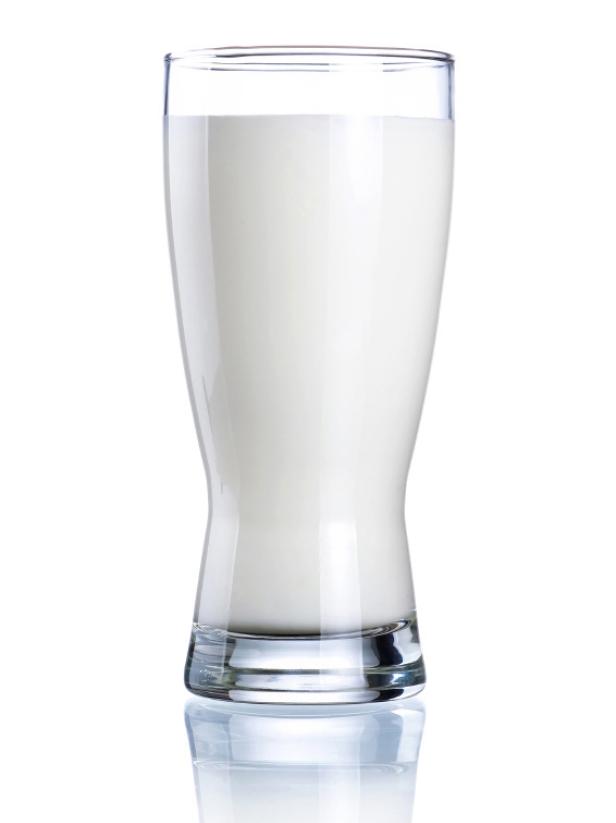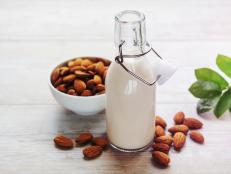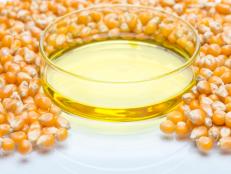Good Calories, Bad Calories?

Tarasyuk Igor
What’s more important, what you eat or how much you eat? Dietitians are often asked this question: Are all calories created equal?
Yes, calories are calories whether they come from carrots or cookies but that’s not the end of the story. Foods are diverse and offer more than just calories so to truly evaluate the quality of calories, consider their nutrient density.
“Good” calories are nutrient-dense, which means you get the most bang for your calorie buck. For example, compare 100 calories of soda to 100 calories of milk. Calories from soda provide sugar and that’s just about all. That same number of calories from milk provide protein, calcium and vitamins A and D – therefore, the milk is a more nutrient-dense food.
But even the most nutrient-dense foods can get us into trouble. Peanut butter, olive oil and avocados are high in heart-healthy fats but the calories can stack up quickly – here’s where portion control is key.
“Bad” calories tend to score low in the nutrient department and eating too much of them can negatively affect health. Foods high in saturated fat and cholesterol can lead to heart disease and a diet overflowing with sugary foods isn’t good for your waistline. That said, ALL foods can be included in a healthy diet as long the majority are “good.” So enjoy the chocolate, cookies or occasional fried treat, just be smart about how much and how often you indulge and always remember that portion control is key.
Bottom Line: In the grand scheme of a healthy diet, it does matter where your calories come from. Opt for sensible portions of mostly nutrient-dense foods so you can give your body what it needs. This will leave some room for the less healthy foods that you love to eat.
You Might Also Like:
Dana Angelo White, MS, RD, ATC, is a registered dietitian, certified athletic trainer and owner of Dana White Nutrition, Inc., which specializes in culinary and sports nutrition. See Dana's full bio »
































